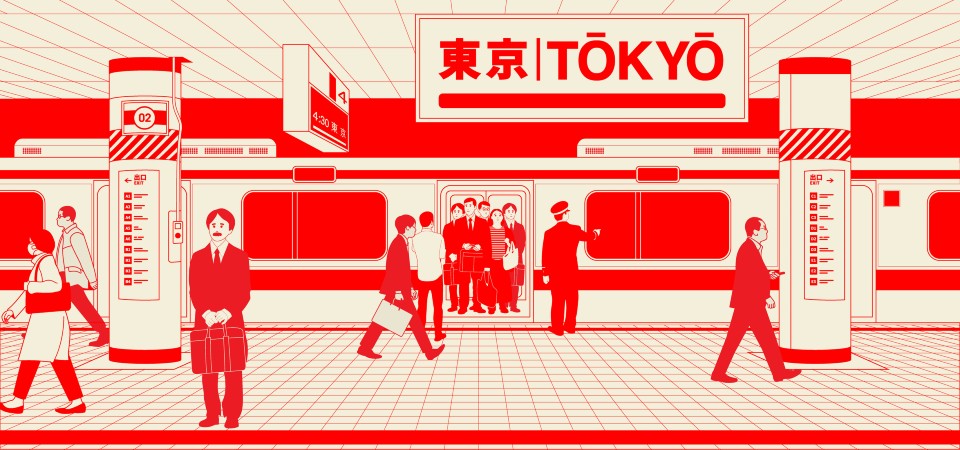More than ten trains depart from Tokyo each hour, and the average delay remains at just 54 seconds per train – much lower than in other countries such as the UK. So far, Japan’s bullet trains have also recorded zero passenger fatalities in their 60 years of operation.
The reliability, punctuality and safety of Japanese railways has reinforced the country’s identity as a self-professed railway technology superpower.
However, Japan’s Shinkansen is a self-contained railway system designed to be isolated from the conventional railway network. For example, the system is a dedicated high-speed line with a wider track than the rest of the network. This means that the bullet train’s good reputation, which has been nurtured over decades, is predicated on it being a standalone project.
The irony here is that while Japanese suppliers have developed high technical know-how, their skills are being wasted as they struggle to adapt to the international railway marketplace.
In late 2023, Japan expressed its reluctance to join Indonesia’s US$7.3 billion (£5.9 billion) high-speed rail project, citing concerns about technical compatibility and possible damage to its “brand”. As a result, Indonesia picked China to build the railway instead. China also offered to do it faster and with fewer conditions.
My own research suggests that domestic pride and confidence will turn into anxiety as Japanese railway expertise continues to encounter overseas rivals, and fails to win contracts.
The Taiwanese experience
Japan has successfully exported its “high quality” rail infrastructure to Taiwan, India, Europe and the UK in the past. But Japan’s experience of exporting bullet train technology to Taiwan in the late 1990s and early 2000s remains a cautionary tale.
The Taiwanese high-speed railway, a 350km line that runs along the west coast of the country, resulted in a mix of European and Japanese technologies after much political haggling. The Japanese engineers were worried that their bullet trains had to run on European tracks, an engineering requirement not anticipated by the Shinkansen technology.
They feared that the bullet train’s international reputation would suffer if anything went wrong in the process of mixing Japanese and European designs.
Continues…

For the full article by Dr Taku Tamaki visit the Conversation.
ENDS
